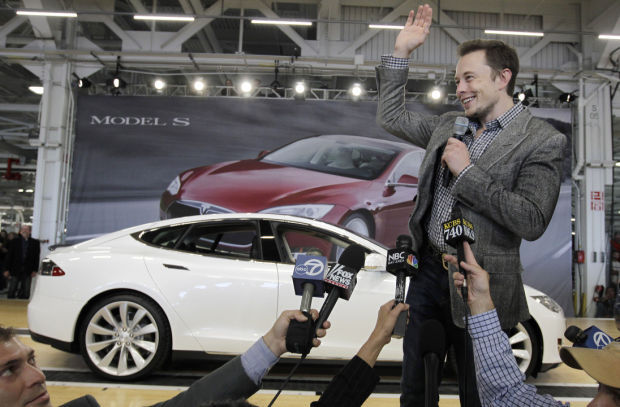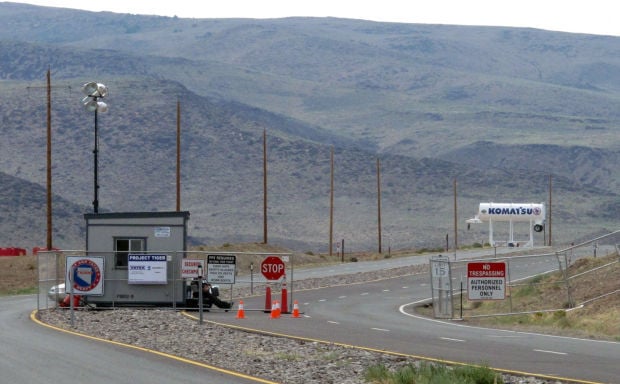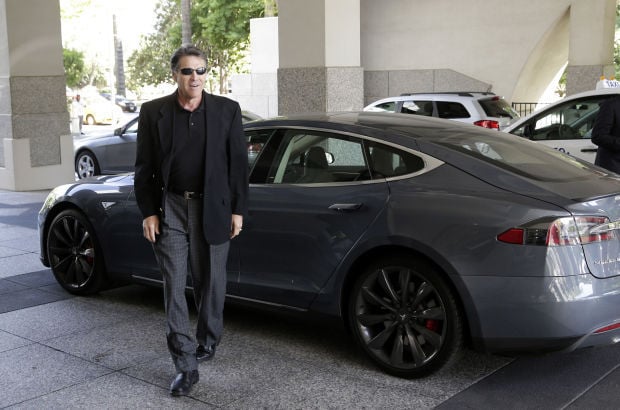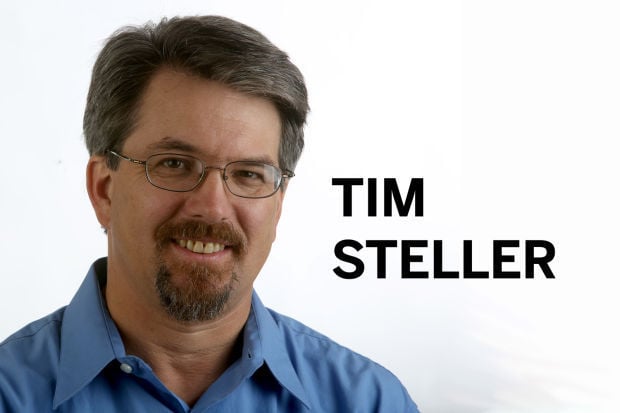What’s so unusual about Tesla Motors’ pursuit of a massive incentive package isn’t just the amount of taxpayer givebacks the company wants.
At a minimum of $500 million, the amount is huge but not unprecedented.
And it’s certainly not the industry: For decades, automakers have been bagging big incentives from the states where they build plants. In this case, Tesla is looking to build a huge battery plant that’s intended to revolutionize its manufacture of electric cars by making them affordable for regular people.
What’s so unusual is the brazen, public pitting of state against state for massive taxpayer subsidies by a company that is as yet unproven.
Investors love Tesla’s stock and think the company has a big future. Reviewers love Tesla’s Model S, the current model that goes for $70,000-plus.
But this is a company that has been cagey about even saying how many cars it’s sold. Even fans have been forced to guess the number of Model S vehicles produced — perhaps 50,000 worldwide so far. This is a tiny number. Toyota and General Motors each sold nearly 10 million vehicles in 2013.
“Tesla has bold aspirations and a magnetic CEO, but it’s got microscopic market share, and a business model that’s yet to prove out,” said Greg LeRoy, executive director and founder of a group called Good Jobs First.
LeRoy founded the Washington, D.C.-based watchdog group in 1998 after watching dubious government handouts occur in the industrial Midwest. Over the last couple of decades, states in the South have been the ones wooing auto manufacturers with large taxpayer incentive packages.
Tesla, of course, is focused on the West. Almost a year ago, representatives of Texas, Nevada, New Mexico and Arizona were invited to bid for the so-called “gigafactory.” California, which is already home to the company’s sole auto-assembly plant, became a contender this year as well.
Tesla has floated the figure of 6,500 jobs at the factory, but that number has been unsupported in public statements and seems questionable in light of the fact that Tesla only employs 6,000 people now.
Tucson, of course, has made a well-known pitch for the plant, too, going so far as to send the company a preapproved building permit. But right now, our chances seem slim.
“We haven’t heard a peep out of them for quite some time,” Pima County Administrator Chuck Huckelberry told me Tuesday. “My guess is that other states have outbid us.”
That wouldn’t be surprising. While Arizona economic-development officials felt confident they’d made strong bids, representing sites in Tucson and Mesa, Tesla has kept stringing the states along. In May, CEO Elon Musk announced that the company would go forward in preparing more than one site for the plant. He said the reason was to ensure the project gets done on time, but it also extended the competition among states even beyond a groundbreaking.
It’s just another unusual facet of this public auction of a manufacturing plant, said James Rubenstein, a professor of economic geography at Miami University of Ohio, who specializes in the auto industry.
“Nobody’s done that ever,” he said.
So far, the only place where the company is known to have started work is an industrial park outside Reno — considered the first finalist. Tesla has yet to name the others, but the company has finally got a little pushback for its unusual handling of the process.
On Aug. 25, representatives of Good Jobs First and five other groups, one in each of the five competitor states, sent a letter to the competing states urging them not to engage in a “race to the bottom” for Tesla.
“We call upon you to communicate and cooperate across state lines to strike a fiscally responsible deal that is fair to residents and businesses alike. It is time to break the harmful pattern of one state ‘winning’ a high-profile competition, with other states left believing they need to offer even larger tax breaks to win future deals.”
It goes on: “Any agreement struck must be fully transparent — no law requires you to negotiate with Tesla or any company behind closed doors — and, furthermore, should include robust provisions for disclosing actual costs and benefits over time.”
It’s probably naive to think that a state like Texas, where Gov. Rick Perry has heavily courted Tesla, would agree to cooperate rather than to compete. But such an idea has merit, especially in protecting states against giving away too much.
In California this weekend, the Legislature adjourned before even considering an incentive package for Tesla.
“There is a possibility that one of the states will overpay for this thing,” Rubenstein said. “It is possible that, say, Texas takes it away by offering a whole lot more than anyone else.”
He pointed to Hyundai’s selection of a site in West Point, Georgia, as an example of overpayment. Good Jobs First put the value of Georgia’s tax incentives there at $410 million — that, for a company that sold more than 1 million cars in the United States last year.
As much as I’d love to see a Tesla factory in Tucson, I’m glad we’re not being asked for a huge taxpayer outlay to fund what is an exciting but risky venture.








